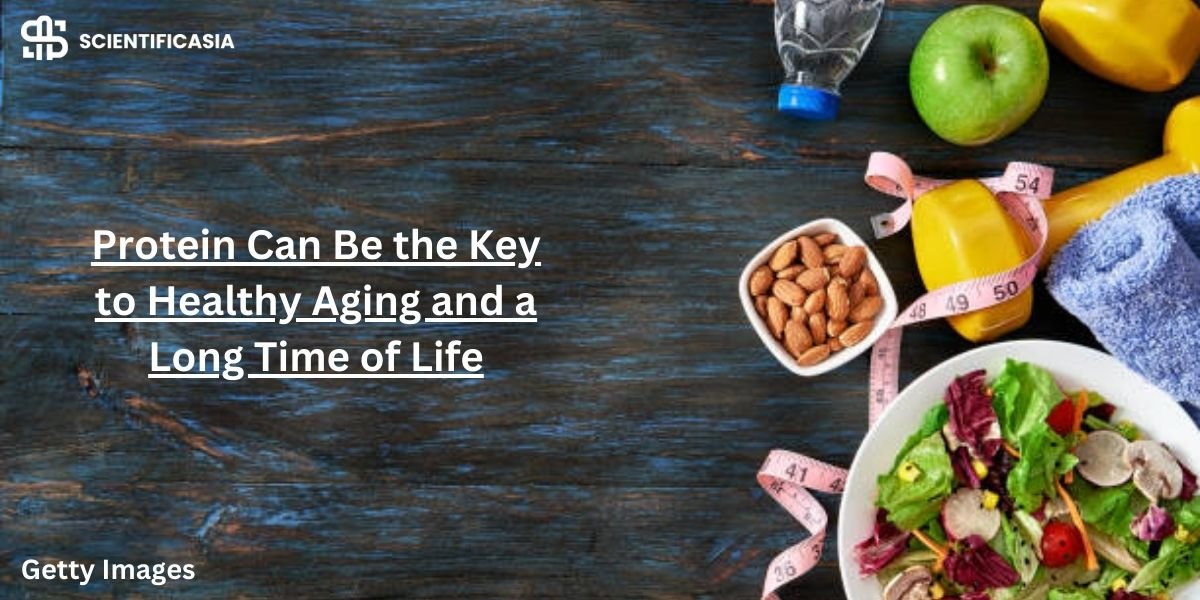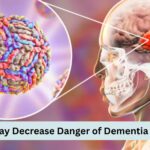STING, a protein known for its role in fighting viruses, also helps cells live longer by promoting the creation of lysosomes and autophagy, which are essential for cleaning up damaged materials in cells. This discovery suggests that blocking STING to treat age-related diseases might interfere with its positive effects.
A recent study published in Molecular Cell found that STING not only helps in antiviral signaling but also plays a key role in reducing cell stress and promoting cell survival.
“It was surprising to learn that STING protects cells from stress and damage, in addition to its known role in inflammation,” said Dr. Jay Xiaojun Tan, the senior author of the study from the University of Pittsburgh.
The Two Roles of STING
Dr. Bo Lv, a postdoctoral researcher and first author of the study, explained that STING has two important functions: fighting inflammation and protecting cells. The balance between these two roles is crucial for keeping cells healthy and could influence future treatments for age-related diseases.
In normal cells, DNA contains a nucleus and mitochondria. However, if DNA leaks into the cell’s cytosol, it signals a problem. According to Dr. Tan, this leaked DNA can cause stress in the cell, leading to cancer, infections, or other diseases. When STING detects this DNA, it triggers an inflammation response to protect the cell.
While short bursts of inflammation are helpful, constant STING activity is linked to aging and neurodegenerative diseases.
How STING Helps Cells
To understand STING’s full role, researchers looked at all the proteins in a cell. They found that when STING is activated, two transcription factors, TFEB and TFE3, move into the nucleus and trigger genes that increase lysosome production. Lysosomes help clean up damaged parts of the cell through a process called autophagy.
Autophagy, which works like the cell’s recycling system, is key to a long and healthy life. By activating STING, cells boost their ability to clear out damaged materials, which could help people age more healthily.
However, Dr. Tan warns that while STING-blocking drugs are being tested to treat aging diseases, blocking STING might also prevent it from promoting autophagy and lysosome creation. He suggests that instead of blocking STING entirely, targeting certain parts of its inflammation response might preserve its benefits.
Evolutionary Perspective
TFEB and TFE3, the transcription factors involved in autophagy, are found in all animals, which suggests that the autophagy-lysosome pathway is an ancient system. In contrast, STING’s role in inflammation is only found in vertebrates.
This discovery points to STING’s long-standing role in helping cells manage stress and maintain quality control by removing abnormal materials.
Dr. Tan compares this process to how exercise improves our health by stressing the body in small, beneficial ways. He wonders if mild cellular stress that activates STING could enhance cell health, potentially delaying age-related diseases and extending lifespan.
“Just like exercise builds muscles through repair, activating STING might boost autophagy and other stress responses to keep us healthier as we age,” he added.
Reference
The study, “A TBK1-independent primordial function of STING in lysosomal biogenesis,” was published in Molecular Cell on September 19, 2024. It was written by Bo Lv and colleagues from the University of Pittsburgh and the University of Minnesota, with partial funding from the National Institutes of Health.
DOI: 10.1016/j.molcel.2024.08.026
Read more blogs:















